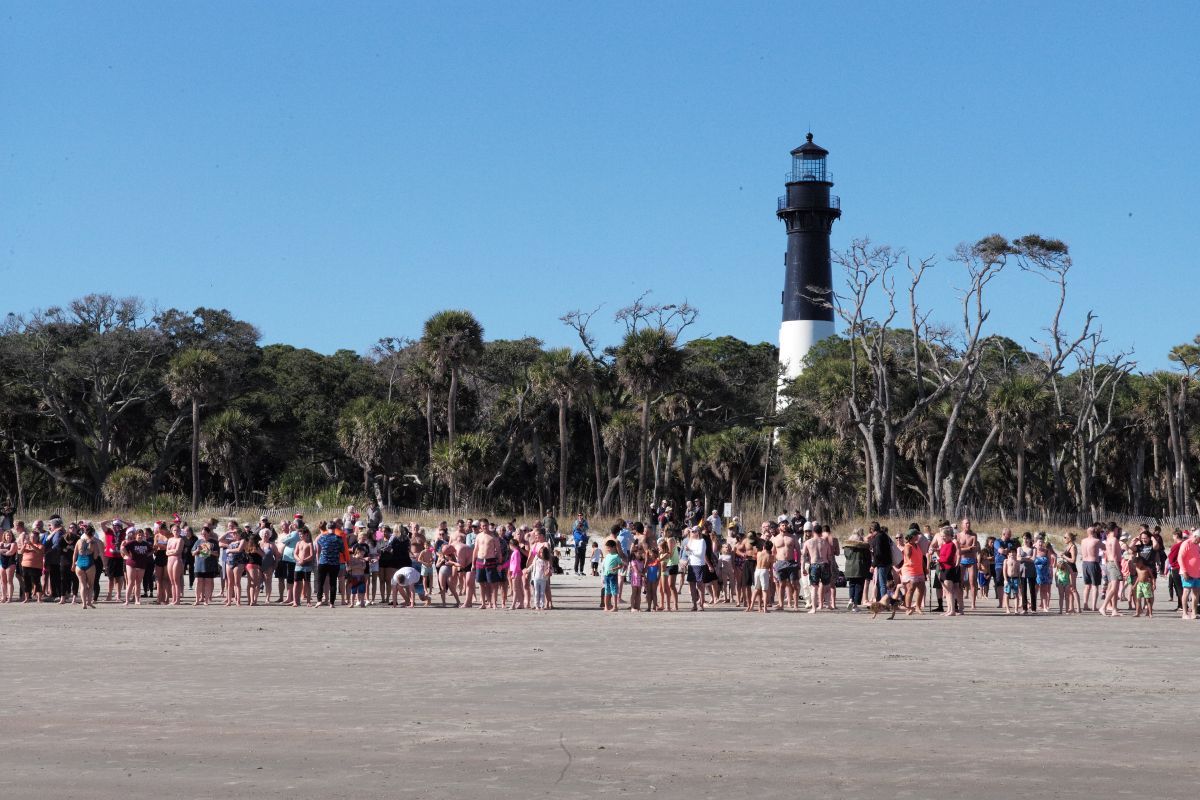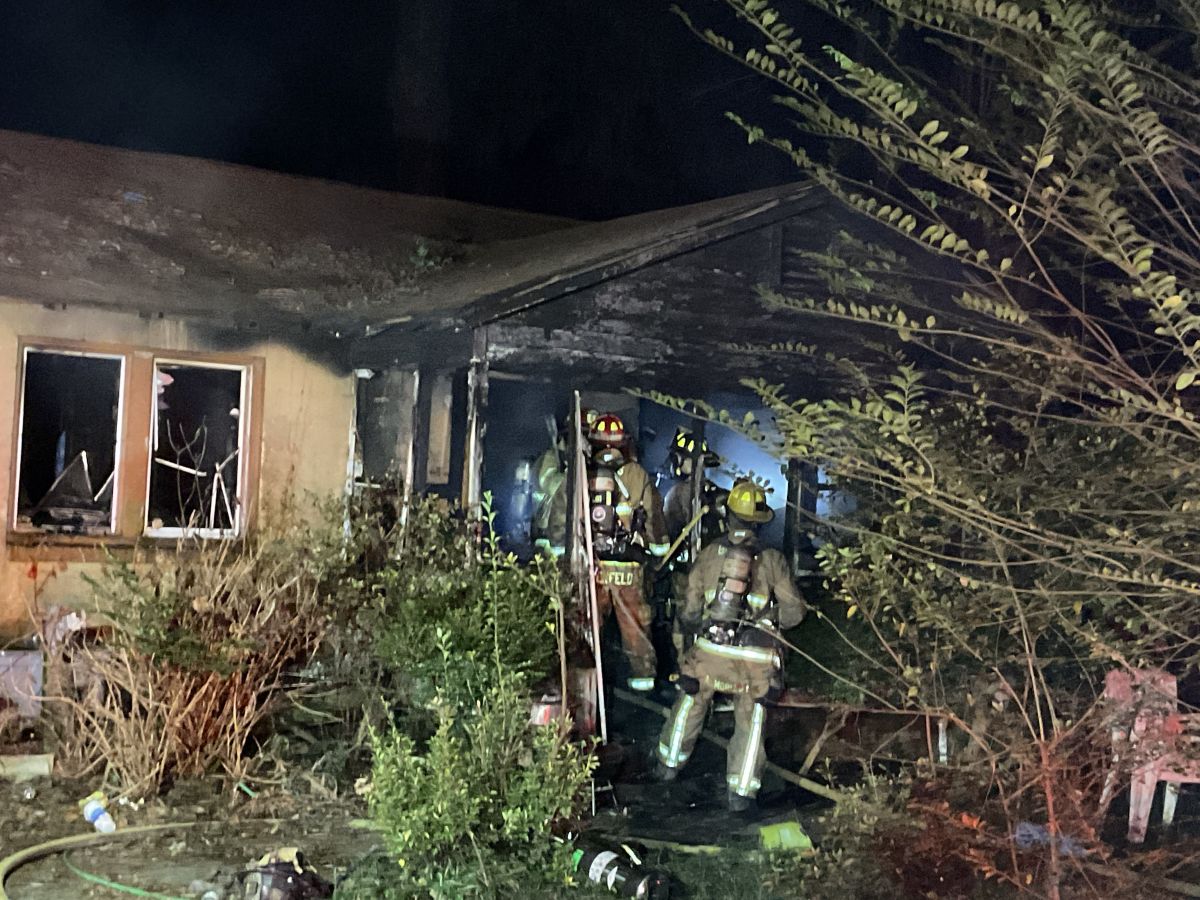By Jack O’Toole
StatehouseReport.com
Efforts to revive a scandal-scarred South Carolina nuclear power project got a major boost this week from the Trump administration as federal officials announced an $80 billion deal to jump-start new nuclear construction in the U.S.
Under the agreement, which was announced Oct. 28, Westinghouse and its corporate owners, Brookfield Asset Management and Cameco, will receive federal support and expedited permits to build several of the company’s AP1000 nuclear reactors to help power energy-hungry AI data centers around the country.
“This historic partnership with America’s leading nuclear company will help unleash President Trump’s grand vision to fully energize America and win the global AI race,” U.S. Secretary of Energy Chris Wright said in a release. “President Trump promised a renaissance of nuclear power, and now he is delivering.”
Just days earlier, on Oct. 24, state-owned utility Santee Cooper announced that it is entering into negotiations to sell two partially constructed AP1000 reactors at the V.C. Summer Nuclear Station to Brookfield Asset Management. Santee Cooper took possession of the reactors in 2017, after the project collapsed in a scandal that bankrupted the state’s largest private utility and saddled ratepayers with $9 billion in losses.
Santee Cooper spokesperson Mollie Gore said the utility will pursue three priorities in the Brookfield negotiations.
“The goal is to enable completion of those units at no additional taxpayer or ratepayer expense, provide some financial relief to our customers and gain additional power capacity for the state,” Gore told Statehouse Report on Oct. 30.
She added, “Brookfield’s proposal, and the resources and experience it brings, made it the clear choice for completing these units and accomplishing our goals.”
Beaufort Republican Sen. Tom Davis, whose 2017 legislation required the reactors to be preserved for possible completion in the future, echoed that assessment.
“Having someone like Brookfield, an equity capital firm with a trillion dollars in assets and years of experience in energy generation, it’s beyond anyone’s most optimistic expectations to get a bidder like that.”
And while the federal and state deals with Brookfield would technically be separate, he said, it would be reasonable to see them as connected on a practical level.
“You have a lot of economies of scale there, particularly with supply chains and specialized workers, where Brookfield’s contract to do the one is likely going to facilitate and expedite its ability to do the other,” he said.
Beyond that, he noted, a deal with Brookfield would create the first privately funded nuclear project in U.S. history, setting a template for the country as it rushes to bring new power online to support AI development — a Trump-identified national security priority.
“It’s just a complete 180 [degree turn], taking what has been a source of shame into a source of tremendous pride,” Davis said. “And I think Santee Cooper and the people of South Carolina can take a lot of satisfaction in that and ought to be proud of themselves.”
Nevertheless, longtime nuclear power skeptics like Tom Clements, director of Savannah River Site Watch, argue that supporters are overlooking substantial obstacles that still lie ahead.
In a 24-page report released Oct. 20, Clements identifies what his group calls 14 “daunting challenges” facing any effort to complete the project, including costs, permits and safe disposal of the nuclear waste the reactors will produce.
“I urge politicians to cool down the bluster and unleash some common sense regarding the restart idea and review the challenges,” Clements said in a release.
As for the process, he argues ratepayers and citizens need a seat at the table before any final decisions are made.
“As the public was so abused during the V.C Summer construction project, they now deserve a voice in raising concerns about proposals concerning rebirth of the project,” Clements said. “The restart effort could once again saddle customers with additional massive costs if V.C. Summer 2.0 proceeds.”
Under an Oct. 24 letter of intent, Santee Cooper and Brookfield are currently in a six-week “project feasibility period,” during which the parties will jointly appoint a project manager, evaluate construction providers and work toward a memorandum of understanding to move forward.







